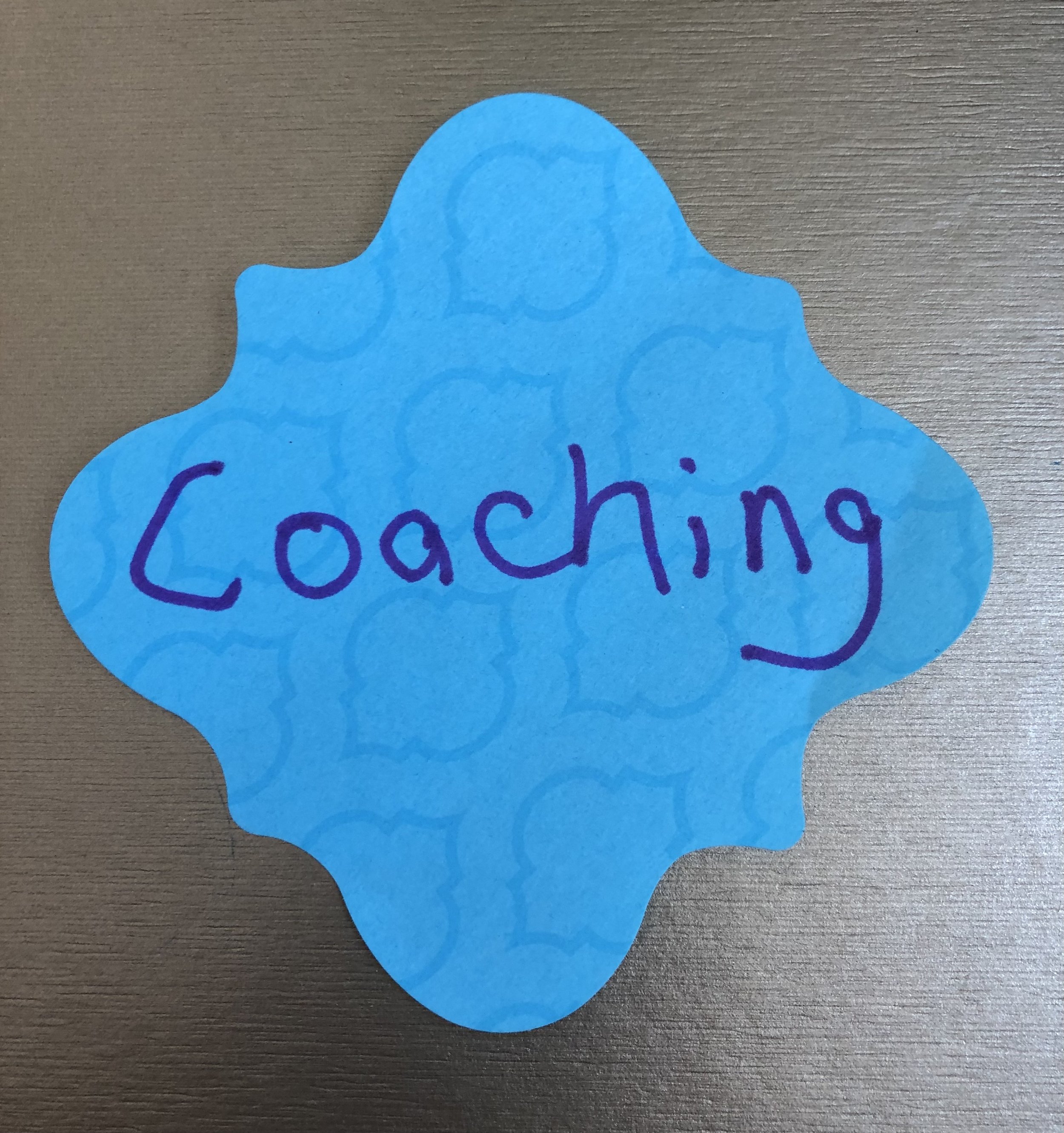A couple of weeks ago, I was at a social event (remember those?) A friend was introducing me to someone I didn’t know, and he said, “This is Melissa Walker. She is a life coach, and she helps people find jobs.”
“Well, not exactly,” I said. What followed was a conversation that provided a good opportunity to shatter some misconceptions about coaching.
It’s true some of my clients are academics looking for jobs in higher education and others are Ph.D.s seeking to leave academia, and I do help those folks navigate the job search process. But most of my clients are not job seekers, and not all of them come out of academia.
What I really do is help people achieve goals and navigate change. Some of my clients have been stuck on big projects, and they need someone to provide support and help them make progress. Some are juggling too many responsibilities and feeling overwhelmed. I work with clients on steering through the challenges of interpersonal relations in organizations. Some are struggling to decide whether to take on new roles at work or figure out how to advance their careers. I help others explore whether it’s time to retire. Coaching is not about time management tricks and tips (though sometimes I do share some time management strategies.)
Coaching is about helping individuals drill down beneath the surface to identify the real problems that are stumping them and then find ways to move forward. It’s about asking questions and helping them reframe situations. It’s about supporting them as they align their values with the way they live their daily lives. It’s about holding space to be heard and providing an opportunity for them to tap into inner wisdom. My role is to be a discerning listener, supportive cheerleader, wise advisor, and compassionate accountability partner.
One reason that it’s hard to explain coaching is that it’s not a one-size-fits-all process. My work with each client is different, and the things we do in each session vary according to the needs of the client. (See this post to learn more about what happens in a coaching session.) I help them gain clarity, visualize the future they want, identify and overcome barriers, and stay motivated.
A recent article by Maria Lamonaca Wisdom offers some insights into the reasons coaching is valuable for people in faculty roles, and much of what she says is applies to people in any role.
If you’d like to explore whether coaching might work for you, don’t hesitate to schedule a complimentary initial conversation. I’d love to talk.


